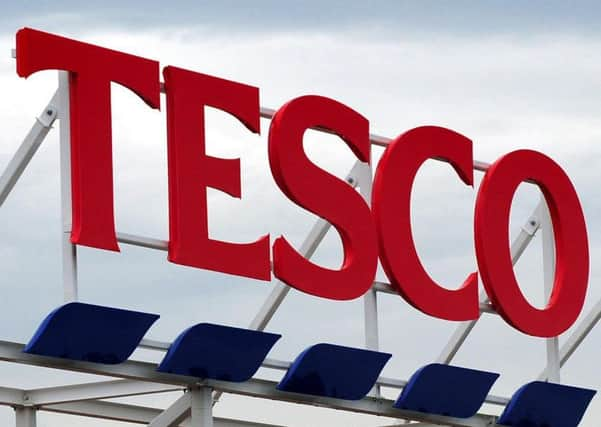Martin Flanagan: Tesco's Booker tie-up under scrutiny
This article contains affiliate links. We may earn a small commission on items purchased through this article, but that does not affect our editorial judgement.


So it is with the Competition & Markets Authority (CMA) probe into Tesco’s proposed takeover of Booker. The headline number is too big, the sales are too big, the brand names are too well known for both consumers and convenience food chains for the CMA to have looked the other way.
• READ MORE: Tesco agrees bumper tie-up with wholesaler Booker
Advertisement
Hide AdAdvertisement
Hide AdWatching with interest, and possibly anticipatory action, will be one of Tesco’s “big four” rivals, Sainsbury’s, rumoured to be weighing up a similar move into wholesale with an offer for food distributor Palmer & Harvey (P&H).
If Sainsbury’s strikes, it is clear now that any proposed deal with P&H would be subject to CMA scrutiny as well. However, it is possible Dave Lewis at the Tesco helm and his Sainsbury’s counterpart Mike Coupe might have decent artillery to take along to talks with the regulator.
Their argument could be that the discounters Lidl and Aldi have systemically changed the supermarket sector, with their lower costbases and inexorable market share gains.
The discounters have been exemplars of the philosophy that less well off people need a bargain, while better off customers like a bargain.
Supermarkets’ stressed profit margins are unlikely to recover fully given other systemic changes, such as the burgeoning middle classes of lesser-developed countries pushing prices up on global food markets with aspirational changes in diet towards meat.
Perhaps Tesco and its rival would argue to the CMA that the old food retailing template is busted and that diversification is needed as a replacement. Sainsbury’s road-tested this argument with its successful acquisition, after regulatory scrutiny, of the Argos household goods business last year.
Advertisement
Hide AdAdvertisement
Hide AdMedia companies have flirted with a similar contention. Old regulatory barriers against merging geographically overlapping titles in the interests of media plurality, they say, are no longer relevant as the real competitors are the likes of Facebook, Google and cats-on-skateboards social media.
Supermarkets marrying their supply chains might be getting there first.